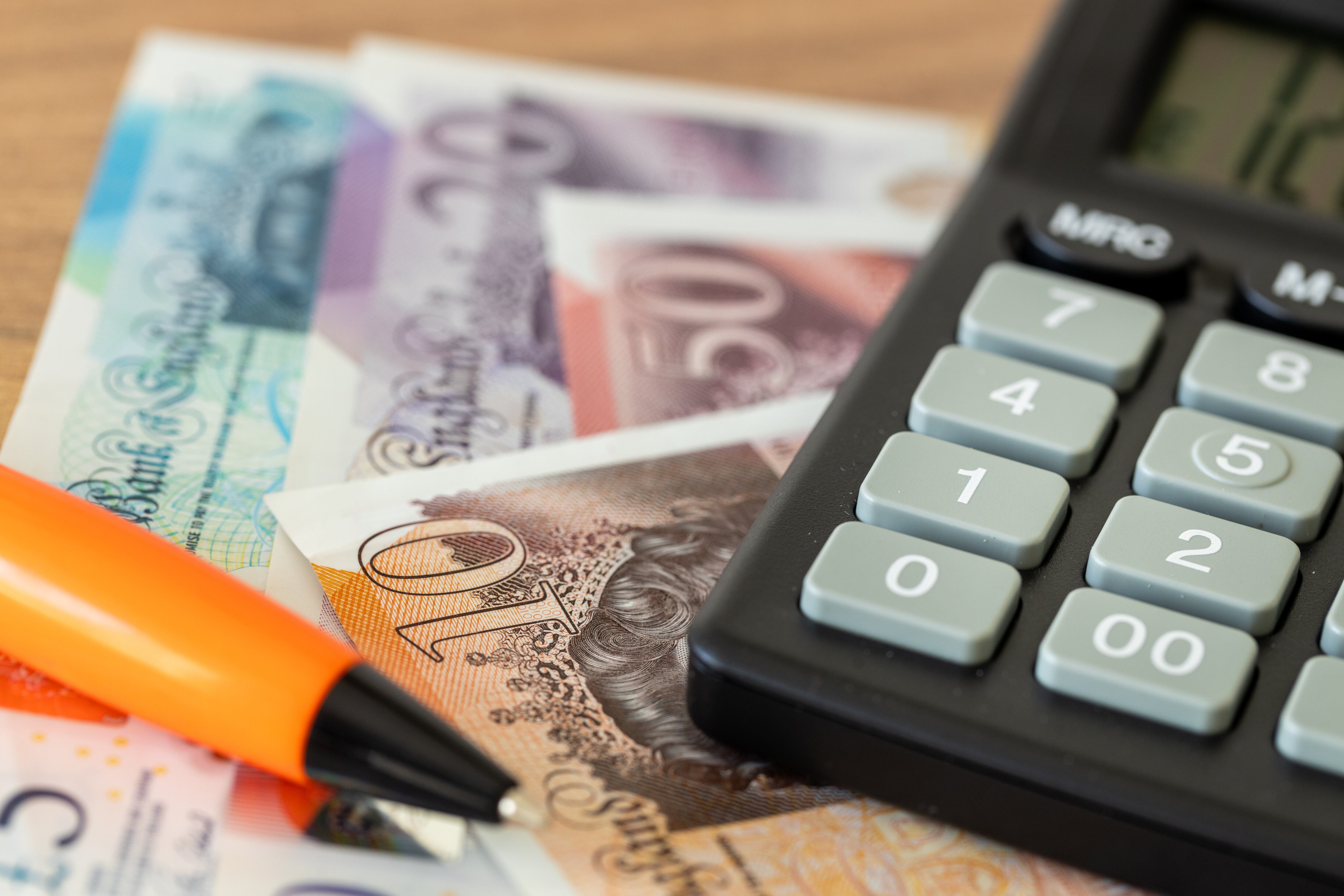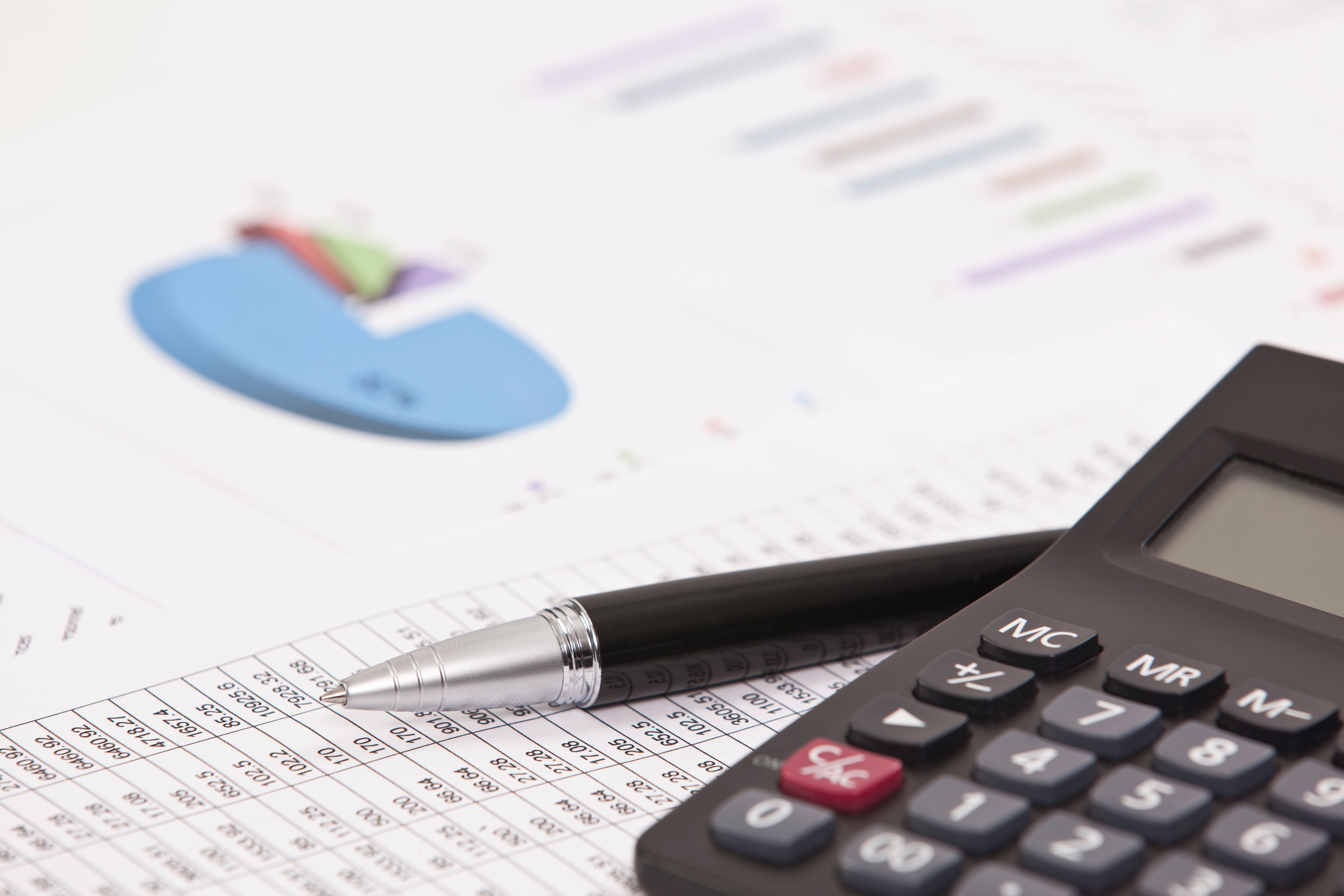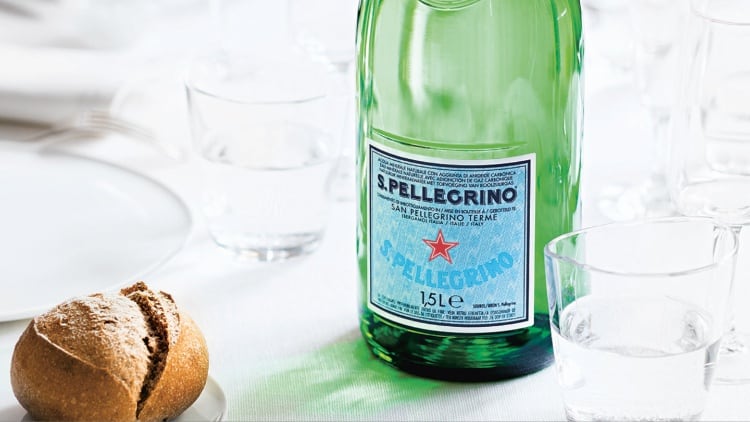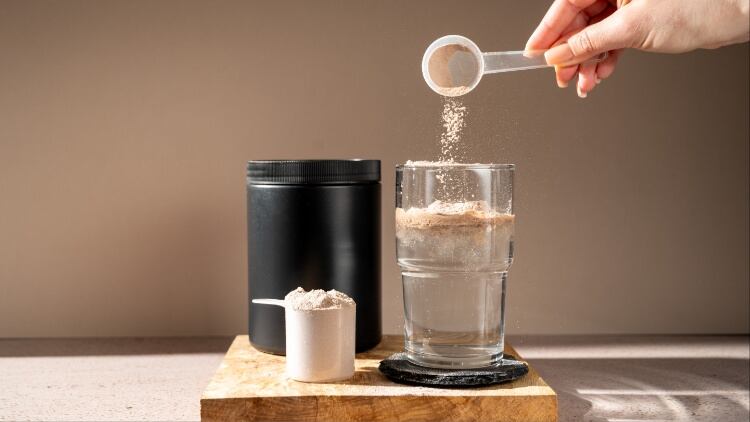Speaking to reporters after the release of the company’s 2024 financial results, CEO Laurent Freixe said Nestlé was in a ‘unique’ and privileged position that had given it resilience to significant movements.
“We produce where we sell,” he explained. “Almost everything we sell we make in that given geography – 90% of what we sell in the US is made in the US and so is immune to tariffs. It is the same in China and Europe.”
‘Lots of mechanics’
Nestlé CFO Anna Manz said it had a “lot of mechanics” at the local level that could be employed if the company needs to change its sourcing, should tariffs be imposed on the raw materials used for its products.
Manz mentioned that Nestlé’s goal to improve organic net sales compared to 2024 excluded the impact of tariffs, but did add that tariff moves could change the inflation picture considerably.
Nestlé reported 2.2% ‘organic growth’ in its full-year 2024 results, but saw sales drop 1.8% to CHF 91.35bn (£80.6bn). New profit was also down 2.9% for the year to CHF 10.88bn (£9.59bn).
Trump’s tariffs
Tariffs have been the hot topic among food and drink manufacturers since the inauguration of the 47th US president Donald Trump.
From his first day in office, Trump has threatened tariffs against a number of countries in an attempt to stimulate production in the US. This has included tariffs of 25% on all steel and aluminium coming into the country and 10% on all products imported from China.
Today (14 February), Trump announced plans to impose tariffs on countries that charge VAT, leaving Britain at risk of a £24bn blow to its economy.
Uncertainty created in the wake of US president Donald Trump’s sweeping tariff announcements threaten to uproot global trade, with UK food and drink producers caught in the crossfire. Food manufacture heard from experts from across the industry to learn how British businesses will be affected.
Meanwhile, UK food and drink exports have fallen 10.2% to £16.3bnv in the first nine months of 2024, driven by a sharp drop in alcohol sales.





